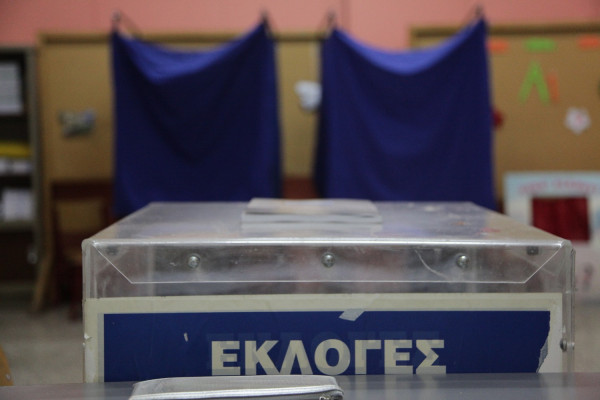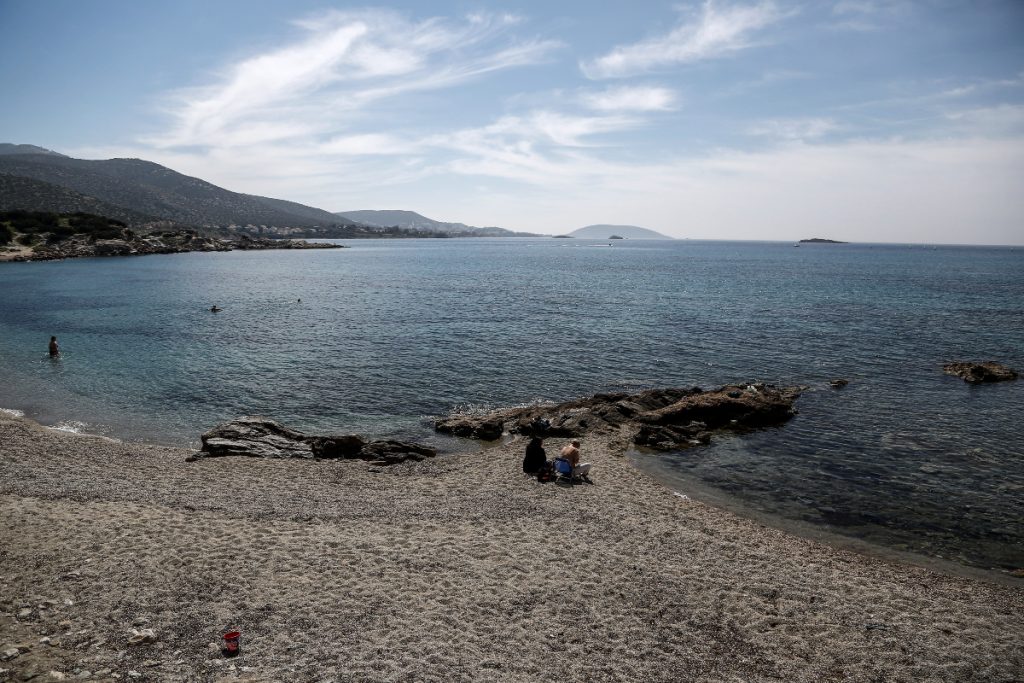By George Gilson
After countless official public declarations by Prime Minister Kyriakos Mitsotakis during his nearly three years in office that he intends to serve out his full, constitutional four-year term (ending in July, 2023), the Greek media is abuzz with reports that he has changed course and is now seriously weighing the prospect of calling a snap election, and indeed on one of two specific dates, 18 September or 2 October.
Because SYRIZA before losing the July, 2019, general election by a margin of 8.2 percentage points passed a proportional representation electoral law (abolishing the 40-seat bonus), the prospect of the first party garnering the requisite percentage to form a single party government is extremely slim, particularly after ruling New Democracy’s steady slide in the polls, and the PM himself has already conceded that there is a definite prospect of a coalition government.
If a coalition were to be formed, the most desirable partner for ND would be centre-left PASOK, whose new leader Nikos Androulakis, however, has ruled out the prospect of governing with ND, a stance he will almost certainly maintain up until the elections.
From the beginning of discussions on the next electoral contest, Mitsotakis had insisted he will call a second election – in which a new electoral law passed by the ruling majority and restores the traditional, first-party bonus will kick in – if he does not secure single-party rule. That remains the most likely but no longer an absolutely definite prospect.
Though today’s leak comes as a surprise, the prospect of early elections has been discussed for many months in political circles and the press, and indeed most recently reports have indicated that a number of ministers have slackened in carrying out their ministerial duties and are spending more and more time in their electoral districts nationwide.
Some reports have suggested that the PM is mulling a substantial cabinet reshuffle to remove or transfer unpopular ministers and go into the electoral campaign with his new A-team.
Though through much of its term the government maintained a lead over main opposition SYRIZA of considerably above ten percentage points, that has been steadily shrinking amidst a wave of strong popular discontent over issues from galloping inflation (10.2 percent in April) and prevalent price-gouging on basic goods, to skyrocketing gas and electricity bills, that began sharply rising long before the 24 February Russian invasion of Ukraine.
The most recent polls give New Democracy a lead of between 8.5 and 10 percentage points, though experience has shown that about one-third of Greek voters decide in the last weeks before a general election.
Galloping inflation crushes households, looming recession expedites polls
The major hikes in the prices of basic goods such as bread, milk, meat, and vegetables and fruit have literally battered the average Greek household, and especially those in the lower income brackets.
The price of electricity in March was 79 percent higher than the same month in 2021, natural gas 68.3 percentage points higher, heating fuel 58.5 percentage points higher, bread 7.6 percentage points higher, meat 6.4 percentage points higher, milk products and eggs 8.4 percentage points higher, olive and vegetable oils 19.9 percentage points higher, and vegetables 13.6 percentage point higher.
On 5 May, Mitsotakis announced a 25bn euro, six-month energy rebate package designed to cover part of the enormous energy price hikes and to temper public fury, with a ceiling of 600 euros per household, to be deposited in consumers’ bank accounts in June, but the opposition charges that at the end of the day it absorbs a relatively small percentage of increases.
The energy and concomitant inflation crisis contribute to the looming prospect of a deeper recession in autumn and winter, which is a key factor as the PM weighs his options.
SYRIZA on the political war path
With its persistent calls for early elections over many months, SYRIZA has placed much of the blame on the government οn a series of hot button issues that have resulted in a major popular backlash on which it hopes to ride and exploit.
They include the government’s reluctance to abolish a special fuel consumption tax (the sum of all taxes including VAT is 53.6 percent of the pump price), extremely lax market price-gouging inspections, loose regulation and low taxation of energy companies as electricity bills have at least doubled in one year, problematic management of the pandemic (SYRIZA argues that the government’s refusal to hire more permanent doctors and healthcare workers in a timely manner and its neglect of primary healthcare resulted in a higher death rate), and the handling of the disastrous, nationwide wildfires in August, 2021, in which an astounding 120,000 hectares of forestland were destroyed. Firefighters from other EU countries were called in to manage the disaster and he government placed the full blame on the climate crisis.




